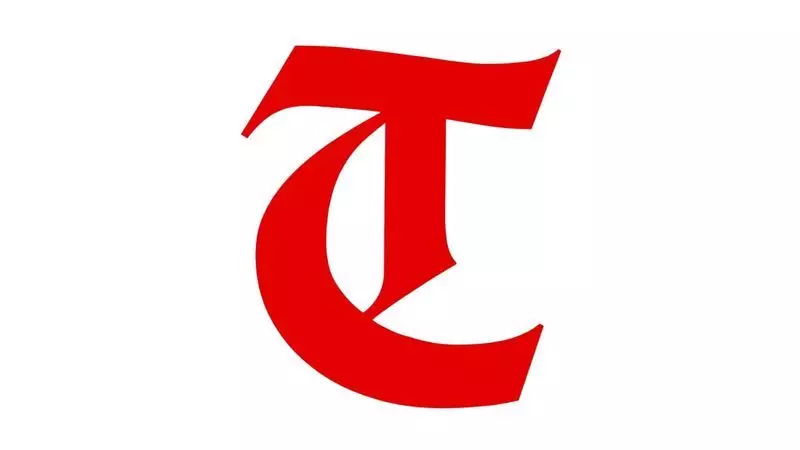
The Confederation of Indian Industry (CII) has issued a powerful call for dedicated regulations and standards governing India's rapidly expanding pet food sector. During the recent National Pet Food Summit held in New Delhi, industry leaders and experts emphasized the urgent need for specialized regulatory frameworks to ensure pet safety and nutritional adequacy.
The Regulatory Gap in India's Pet Food Industry
The summit highlighted a significant regulatory gap in India's pet food landscape. Currently, pet food products fall under the category of 'proprietary food' according to the Food Safety and Standards Authority of India (FSSAI). This classification fails to address the specific nutritional requirements and safety standards necessary for companion animals.
Industry representatives stressed that India's pet food market is experiencing explosive growth, projected to reach approximately $1.5 billion by 2025-26. Despite this rapid expansion, the absence of dedicated regulations poses serious concerns about product quality, safety, and nutritional adequacy for the nation's growing pet population.
Key Recommendations from Industry Leaders
The summit produced several critical recommendations aimed at transforming India's pet food regulatory environment. Dr. D K Dutta, Chairman of the CII National Committee on Pet Care, emphasized the need for evidence-based nutrition standards tailored specifically for companion animals.
Major recommendations included establishing dedicated pet food regulations that address manufacturing standards, labeling requirements, and nutritional guidelines. Experts also called for mandatory scientific substantiation of health claims made by pet food manufacturers and the development of specific testing protocols for pet food products.
The Path Forward for Pet Nutrition Standards
The summit served as a crucial platform for dialogue between industry stakeholders and regulatory authorities. Participants emphasized that dedicated regulations would not only ensure pet safety but also boost consumer confidence in domestic pet food brands.
Industry leaders proposed collaborative efforts between FSSAI, veterinary nutritionists, and pet food manufacturers to develop comprehensive standards. This approach would ensure that regulations are scientifically sound while being practical for industry implementation.
The consensus emerging from the summit clearly indicated that India's pet food industry has reached a maturity level requiring specialized regulatory attention. As pet ownership continues to rise across urban and semi-urban India, establishing robust regulatory frameworks becomes increasingly critical for animal welfare and consumer protection.
The CII initiative marks a significant step toward professionalizing India's pet care ecosystem and aligning it with global best practices in pet nutrition and safety standards.






